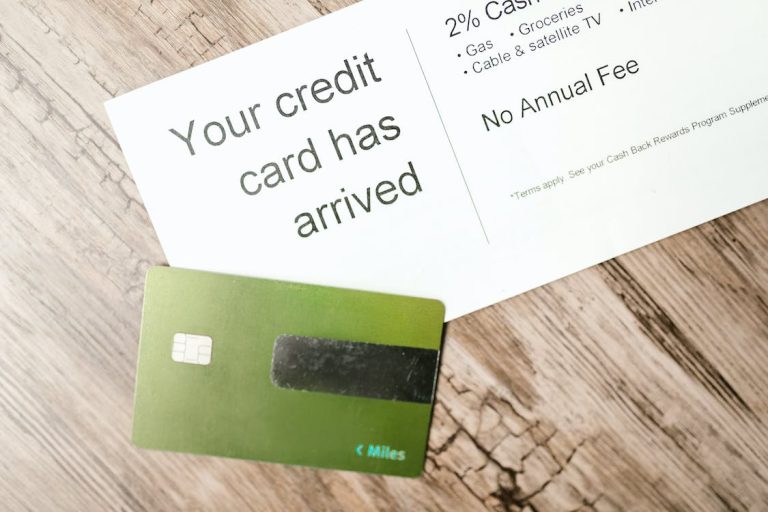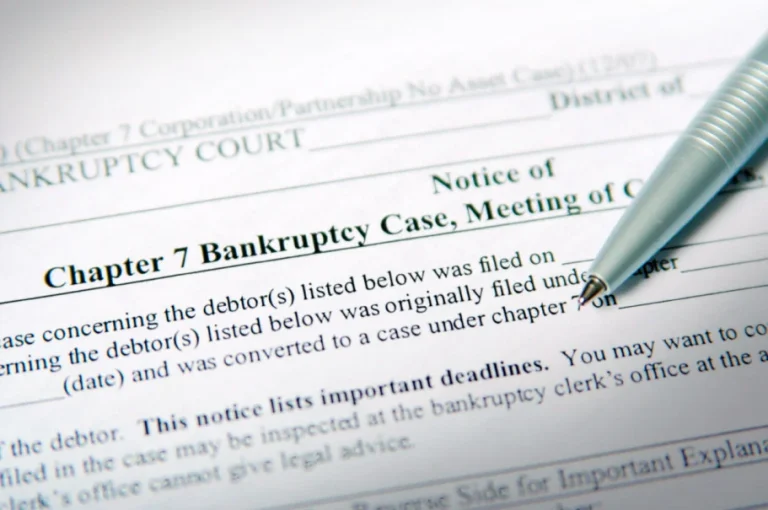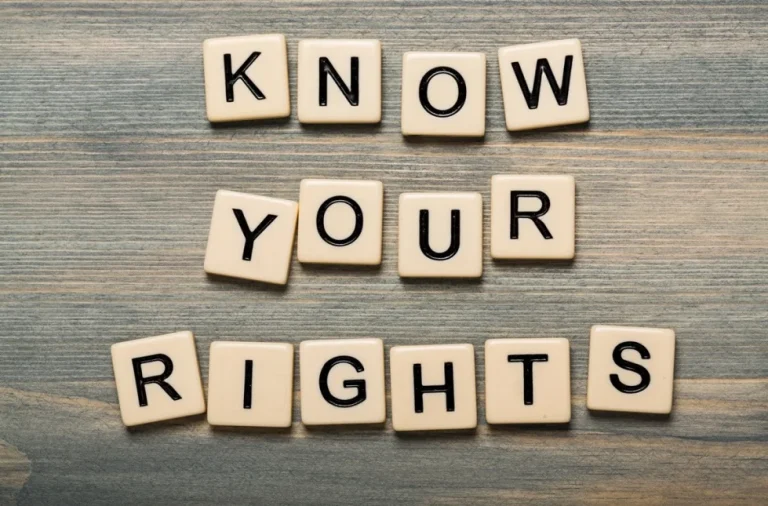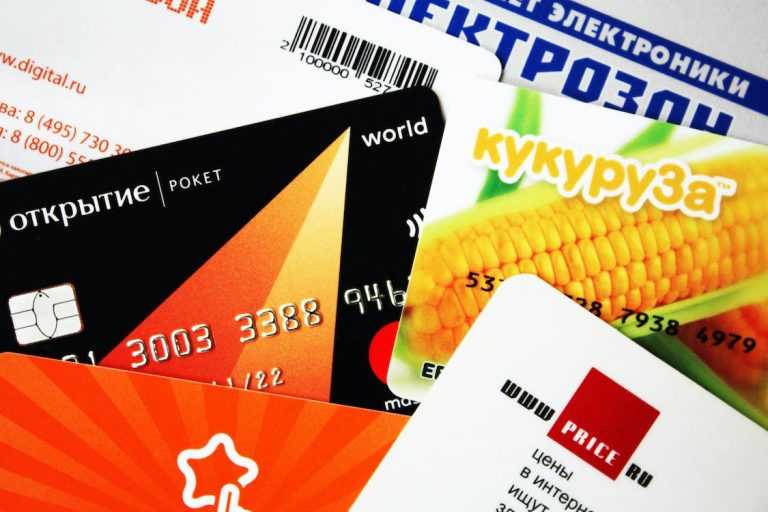File For Bankruptcy: Everything you need to know
The mere idea of filing bankruptcy can make anyone anxious. However, in certain situations it can be the most beneficial option for your personal financial needs. Although it remains an negative mark on your credit file for a period of up to 10 years, bankruptcy can help ease the burden of huge amount of debt. There are three...










